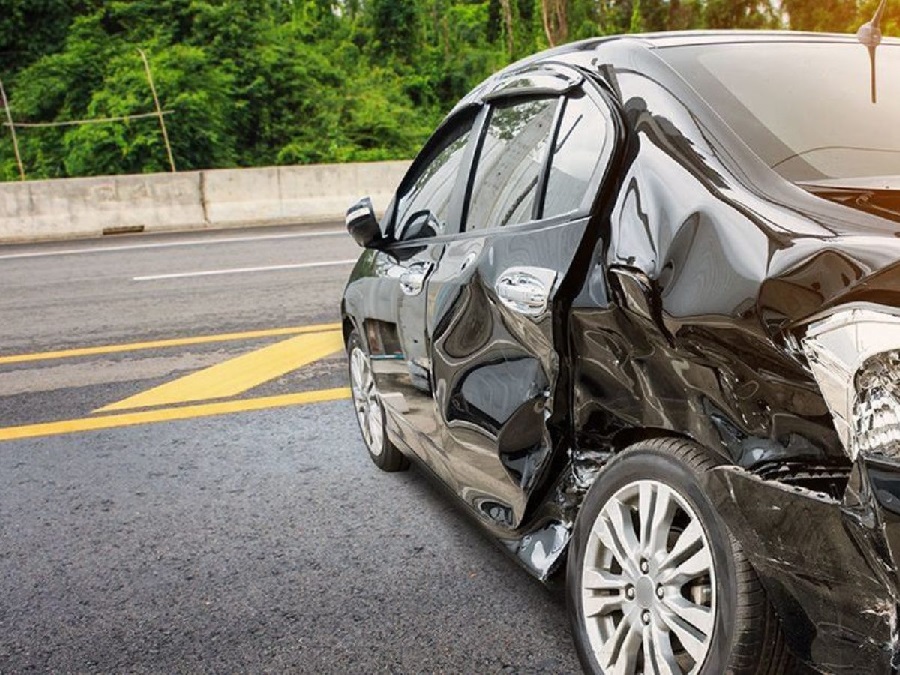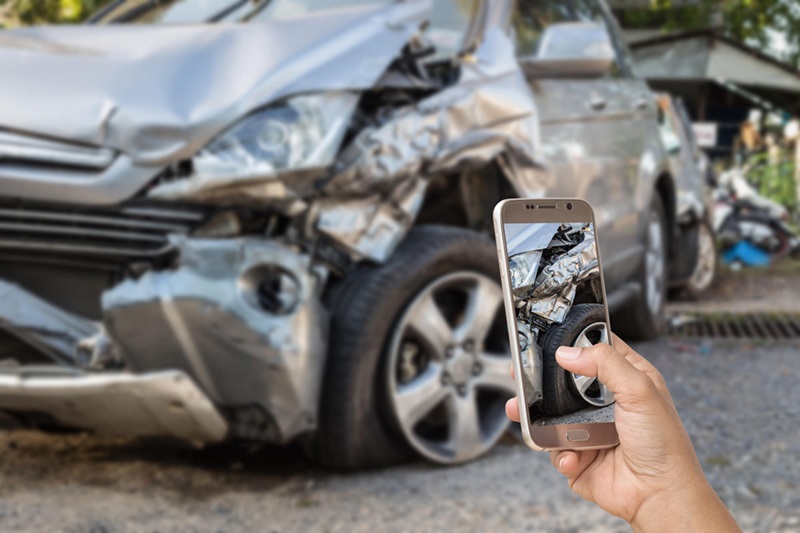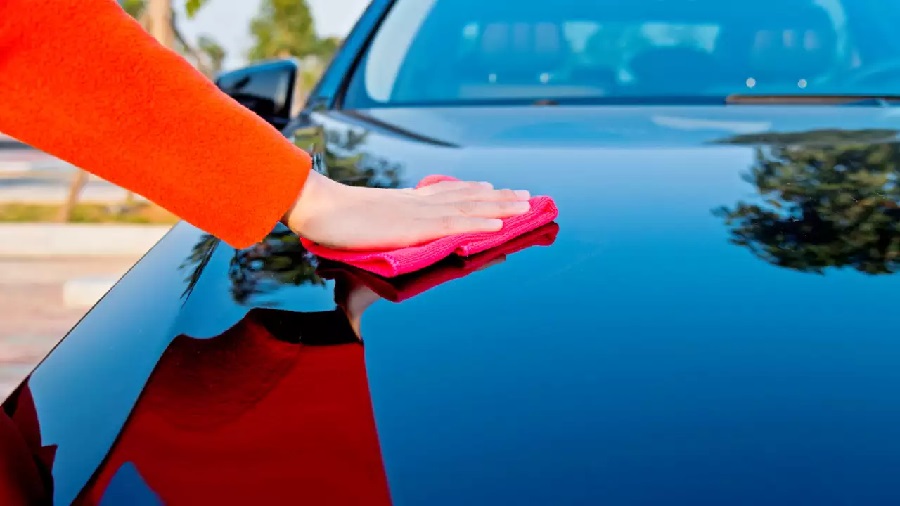Just like any other insurance, an RV insurance policy comes with its own set of benefits – like coverage for repairs, replacements, and medical treatments needed after an accident.
Since the average motorhome costs somewhere between $35,000 to $300,000, making sure you’re covered is a top priority. But how do you find the best RV insurance provider?
To learn more about what to look for and how to choose the most affordable policy, keep reading.
Tips for Choosing the Best RV Insurance Provider
When it comes to choosing the right coverage for your RV, there are a few things you need to keep in mind.
Decide on What Type of Insurance You Need
There are three main types of RV insurance: collision, comprehensive, and liability.
Collision Insurance
Collision insurance covers damage to your vehicle in the event of a collision with another vehicle or object. It is typically required by lenders if you finance or lease your vehicle. Collision insurance covers damages regardless of who is at fault in the accident.
Comprehensive Insurance
Comprehensive insurance is a type of insurance that covers damages to your vehicle that is not caused by collision or weather. It typically covers damages caused by fire, theft, or vandalism. This type of insurance is not required in all states but is typically required if you have a loan or lease on your vehicle.
Liability Insurance
RV liability insurance helps protect you from financial loss if you are found legally responsible for damages caused by your RV. It can help cover damages to others, including their property if you are at fault in an accident.
To decide what type of insurance you need, consider the value of your RV, the types of risks you face, and your budget. If you have a newer and more expensive RV, you may want to choose a policy with more coverage. If you are driving an older RV, liability insurance may be all you need.
Once you know the type of insurance you need, you can start shopping around for the best RV insurance company.
Consider the Size and Type of Your RV
As mentioned, the size and type of your RV are important factors to consider when shopping for RV insurance. Motorhomes and travel trailers, for example, are typically more expensive to insure than fifth wheels and pop-up campers. The value of your RV and the level of coverage you need will also affect your premium.
Most people who purchase RV insurance don’t give much thought to the size or type of their RV. But, the size and type of your RV can have an impact on your insurance rates. If you have a large RV, you can expect to pay more for insurance than someone with a small RV.
The same is true for RVs that are built for off-road use. If you plan to take your RV off the beaten path, you’ll need to purchase specialized insurance that covers you for the risks associated with off-roading.
Get Quotes From Multiple Insurers
When you’re shopping for RV insurance, be sure to get quotes from multiple insurers. This will allow you to compare rates and coverage options to find the best policy for your needs. Here are a few other tips to keep in mind when choosing an RV insurance provider:
- Make sure the company is licensed to operate in your state.
- Check the company’s financial stability and ratings.
- Read the policy carefully to understand what’s covered and what’s not.
- Ask about discounts, such as for safe drivers or for paying in full.
By following these tips, you can be confident that you’re choosing the best RV insurance provider for your needs. You can also read online reviews to get a sense of what others have experienced with different insurance providers.
Read the Fine Print
When it comes to choosing the best RV insurance provider, be sure to read the fine print. There may be some hidden fees or charges that you are not aware of. It is always a good idea to ask questions and get clarification on anything that you are unsure about.
Some insurers offer bare-bones coverage, while others include extensive coverage for your rig. You’ll want to choose an insurer that offers the right mix of coverage and prices for your needs.
Consider Extras and Add-ons
There are a lot of extras and add-ons that you can get with this insurance, so you need to consider what you actually need. Some extras, like personal effects coverage, might not be worth the extra cost. You also need to consider add-ons, like trip interruption coverage, which can be very helpful if you’re taking a long trip.
Ultimately, you need to find the right balance of extras and add-ons that fit your needs and budget.
The Importance of RV Insurance
There are a variety of reasons why RV insurance is important.
- For starters, if you are in an accident and your RV is damaged, insurance will help cover the cost of repairs.
- Additionally, if your RV is stolen, insurance will help cover the cost of replacement.
- RV insurance can also help cover the costs of medical expenses if you or a passenger is injured in an accident.
- In some cases, it can even help cover the cost of a rental car while your RV is being repaired.
- Lastly, if you are sued as a result of an accident, your insurance can help cover the cost of legal fees.
As the popularity of RVs continues to rise, so does the importance of RV insurance.
Finding the Best RV Insurance Provider
When shopping for insurance for RVs, be sure to compare rates and coverage from multiple providers. There is no one-size-fits-all RV insurance policy, so it’s important to find a provider that offers the coverage you need at a price you can afford. Choosing the best RV insurance provider is an important part of being a responsible RV owner, so take the time to do your research and choose the right one for you.
Getting started is easy. Contact us today and let’s get to work providing you with quality RV insurance.











Comments